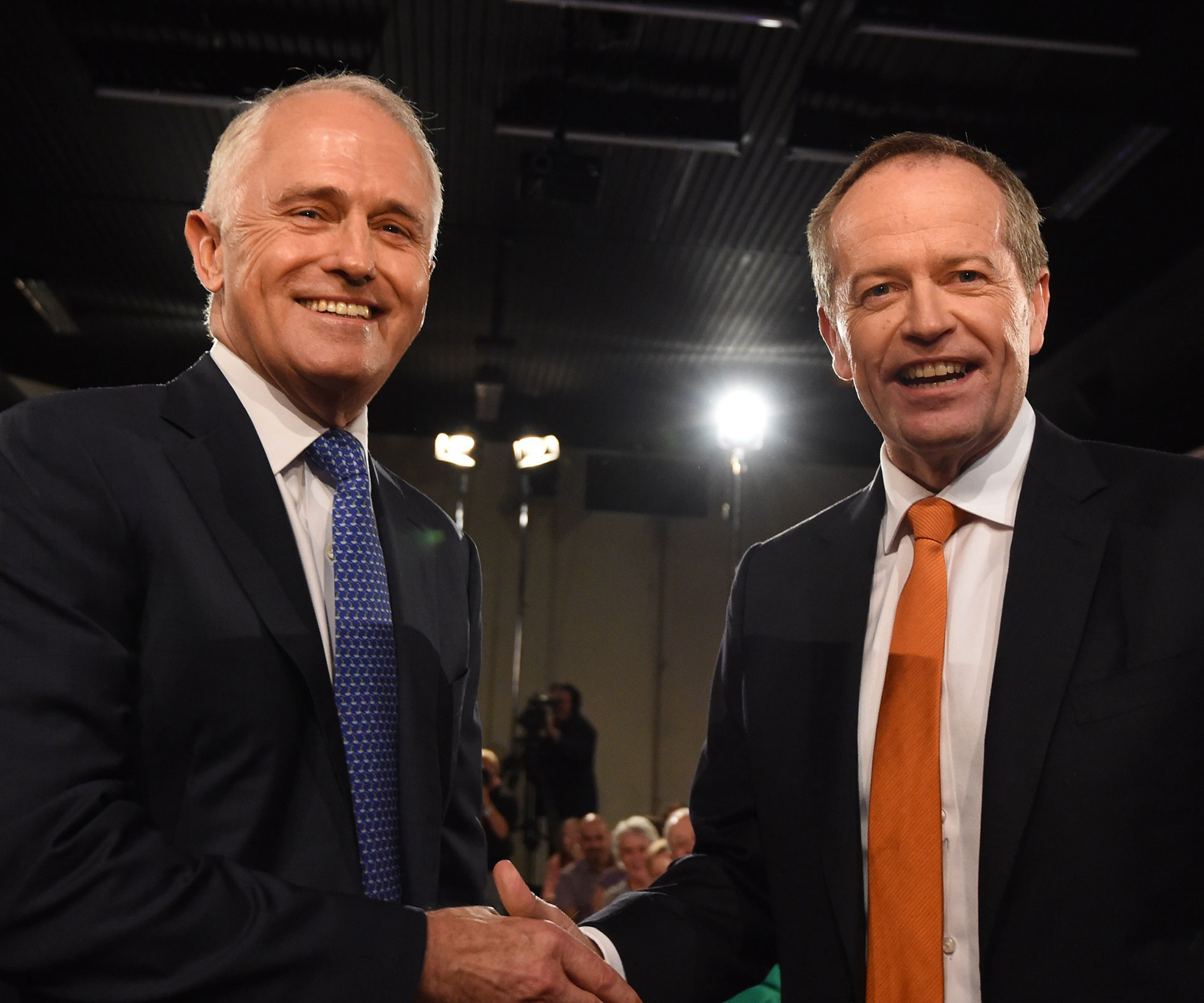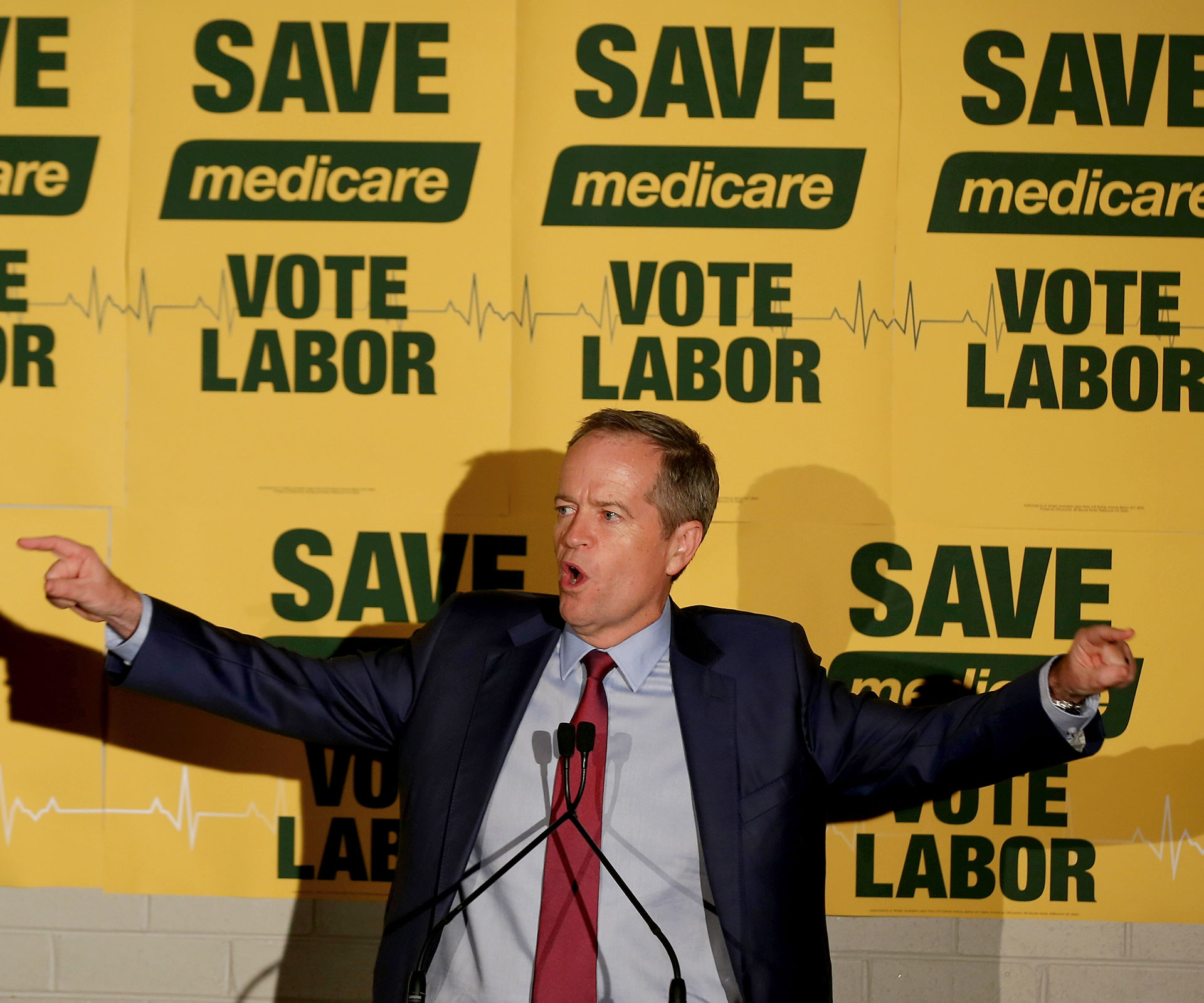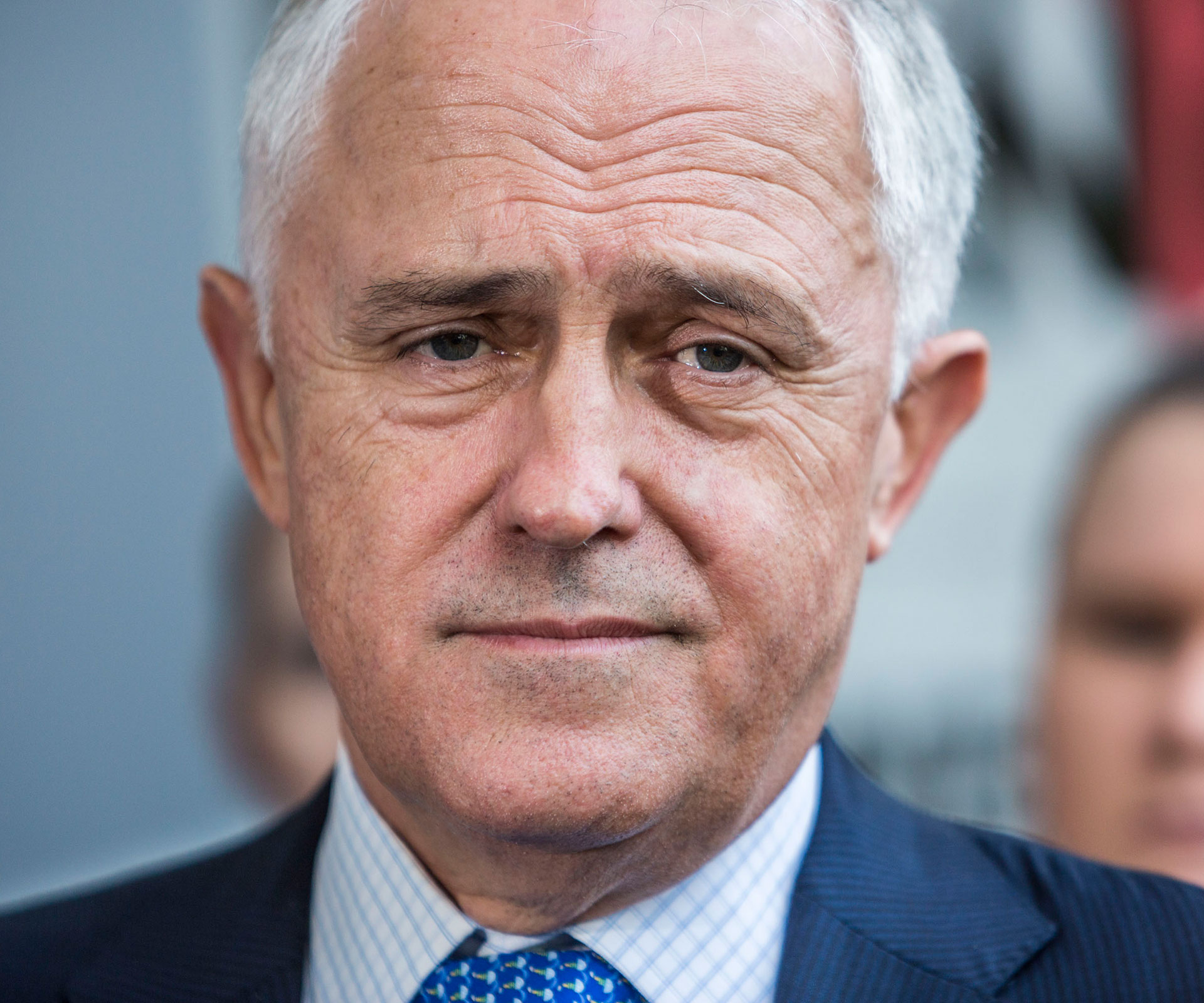Despite opinion polls telling us for the past eight weeks that this election would be close, Australians will wake up this morning to the surprising news that the vote was so close we still don’t know who has won. And we probably won’t know for sure until Tuesday.
What we do know is that voters turned against Malcolm Turnbull and his government, many because of the scare campaign Labor ran on Medicare, but some also because of the Government’s proposed changes to superannuation, which would hurt self-funded retirees.
When the Australian Electoral Commission stopped counting at 2am this morning, Bill Shorten’s Labor was ahead in 72 seats, Malcolm Turnbull’s Coalition in 66 seats, and the minor parties and independents looked set to pick up five seats. Seven seats were still too close to call.
These numbers are likely to move around when the count starts again on Tuesday, particularly once the early votes and postal votes are counted. To win government in its own right, Labor or the Coalition need to win at least 76 seats.
And if neither can get that number on their own, which is a hung parliament, one of the major parties will have to rely on support from the minor parties and independents to form a minority government.
This is what Julia Gillard did in 2010, although she struck a formal agreement with the Greens and country independents. Both Shorten and Turnbull have ruled out doing a similar deal.
When there is a hung parliament, the party that was in government before the election is usually given the first chance to form a new one. But it can only hold on to government if enough minor party and independent MPs back it when the opposition inevitably calls for a vote of no confidence.
This is one of the untidy scenarios Australians can expect to happen on the political stage in coming weeks.

We can also expect the supporters of former Prime Minister Tony Abbott to cause trouble within the Coalition, even if it does end up winning government, and to blame Malcolm Turnbull for the loss or near-loss.
Conservative commentator Andrew Bolt, a big supporter of Tony Abbott’s, has wasted no time calling for Turnbull’s resignation. And Abbott’s former chief of staff, Peta Credlin, unsurprisingly described the election outcome as a disaster for Turnbull. There’s undoubtedly plenty more of that to come.
On the flip side, the result is tremendous for Labor leader Bill Shorten, even if he doesn’t make it to becoming the Australia’s next prime minister. Before the count commenced, Labor was privately telling journalists that it expected to win around ten seats; at this point it appears to have added around 15 seats to its tally.
That’s good news for Shorten, although the Labor leadership automatically goes up for grabs if the party does end up losing. And there are a couple of ambitious MPs waiting in the wings such as Anthony Albanese and Tanya Plibersek.
The other success stories of election night include the Nick Xenophon Team, whose candidate Rebekha Sharkie beat disgraced former Liberal minister Jamie Briggs. NXT also appears likely to pick up three Senate seats. Pauline Hanson is back as a Senator for Queensland, and there may be other senators elected in her name in NSW and WA.
Jacqui Lambie is also back, but many of her crossbench colleagues from the previous parliament have been defeated. It also seems likely Derryn Hinch will be elected as a senator for Victoria.
Pity the prime minister who has to negotiate with that gallery of rogues to get their legislation through the Senate.
Disheartening as that all is, there is a stellar batch of women entering the parliament after yesterday’s poll.
Xenophon’s Rebekha Sharkie has already been mentioned. Labor’s Linda Burney will be the first Indigenous woman elected to the House of Representatives. Three other new Labor women were also elected: Emma Husar, a disability advocate and mother of three; Susan Templeman, a former radio journalist; and Justine Keay, a former city council alderman.
Former lobbyist, adviser and columnist Nicolle Flint, the only woman chosen by the Liberals to run in a safe seat, was also elected.
Along with the recommencement of vote counting in coming days, there will be a lot of head-scratching over what this election result really means. Did Shorten win over voters or did Turnbull lose them. Was Labor’s Medicare scare campaign unfair when Tony Abbott’s carbon tax scare campaign was just as misleading in 2010.
And given the growing number of people who did not vote for Labor or the Coalition this time around, is there any chance the major parties can win back the trust of the people.
Expect to hear a lot more of that question in particular, in the days and weeks to come.


